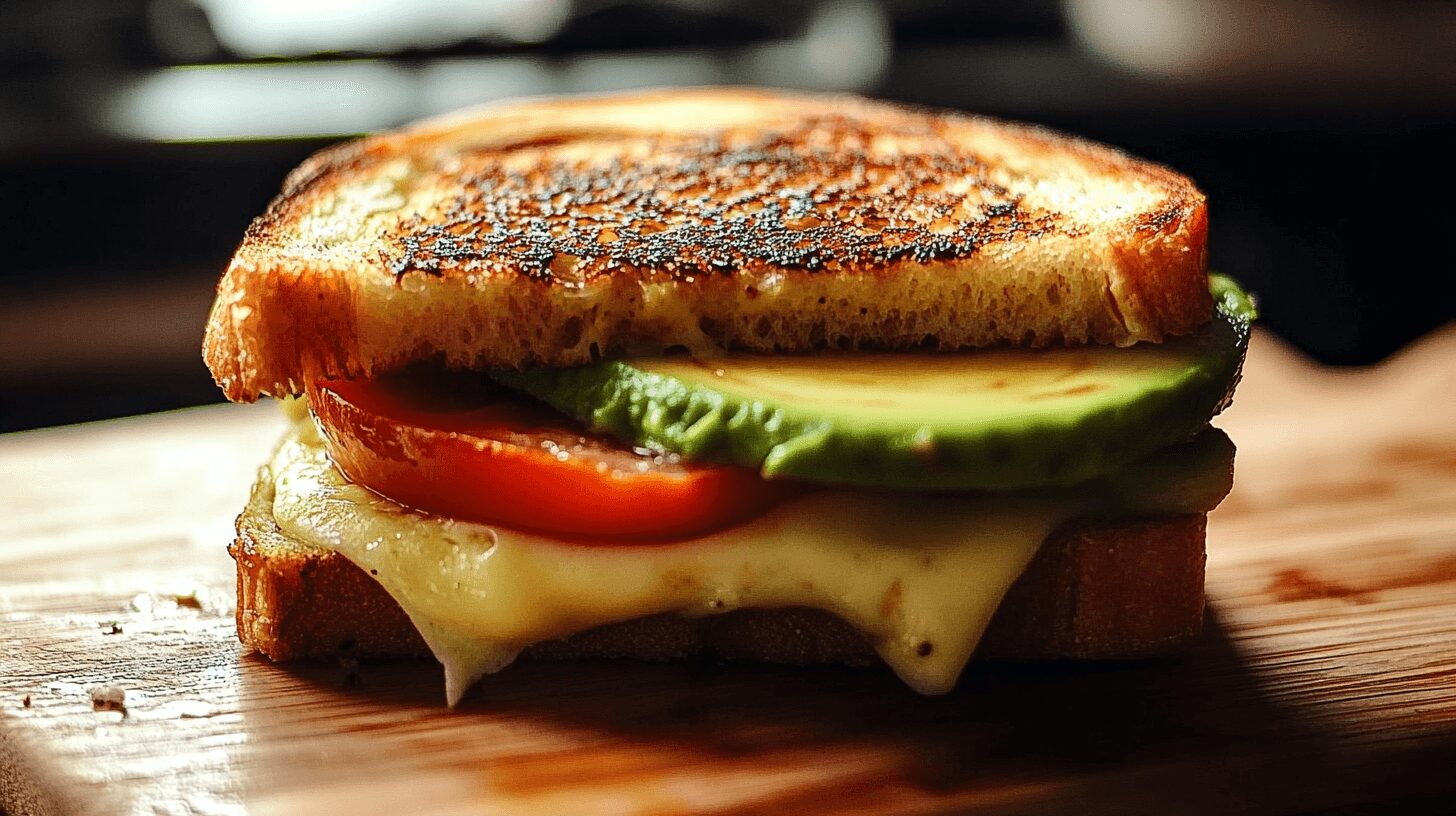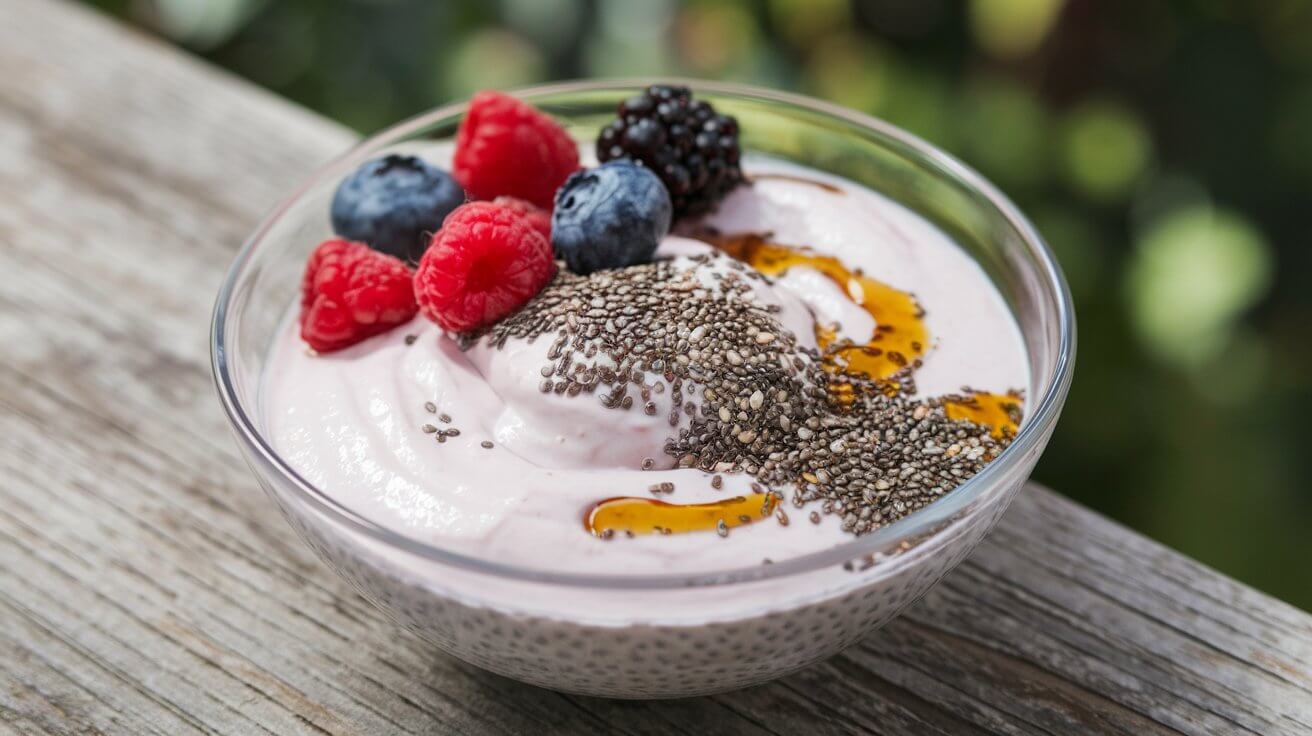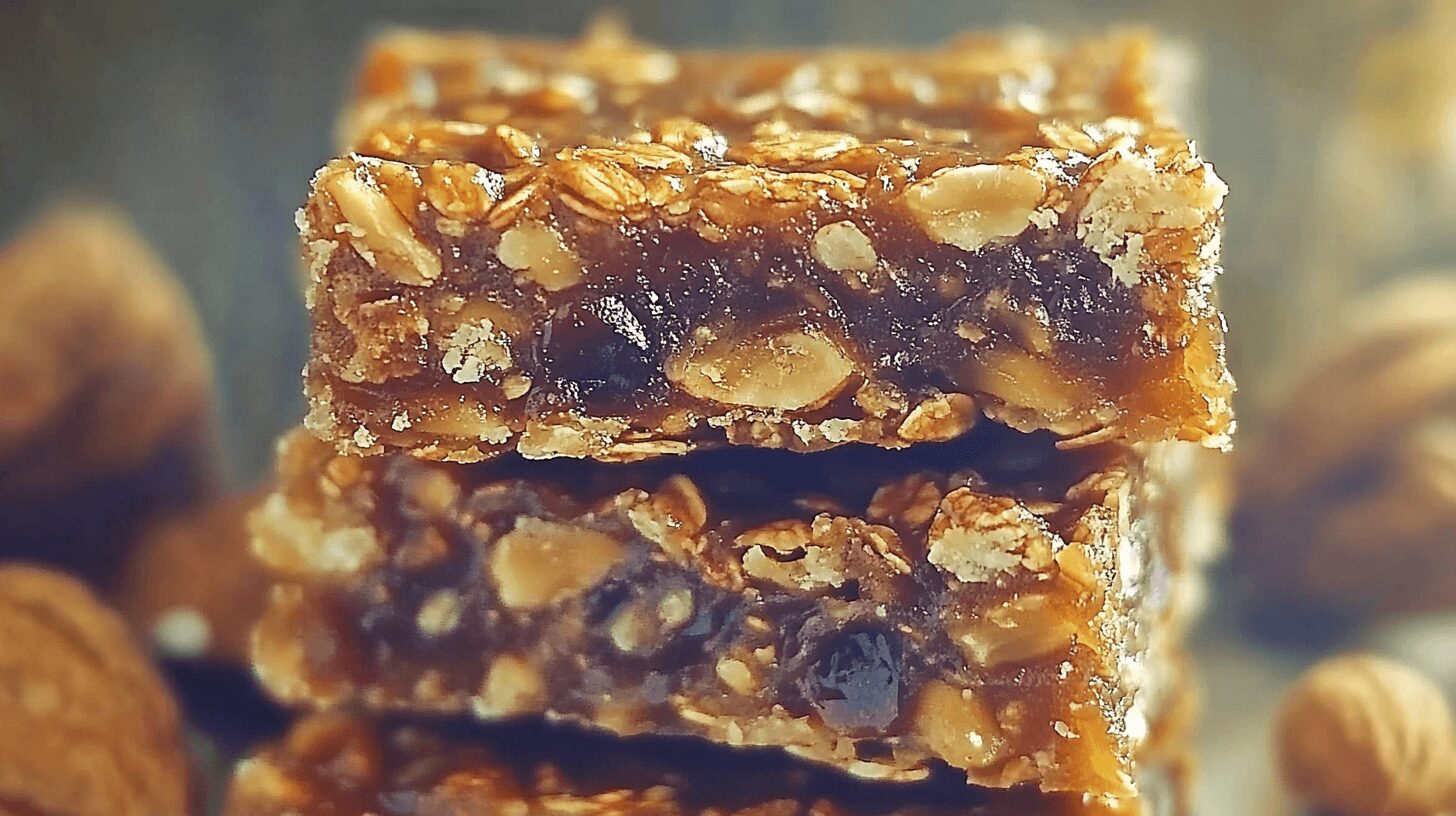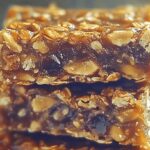Introduction
can a vegatarion eat a quest cookie ?Quest cookies have gained significant popularity among health-conscious individuals for their high protein content, low sugar levels, and convenient snacking appeal. Designed to cater to fitness enthusiasts and those managing their diets, these cookies are often considered a guilt-free indulgence. But if you’re a vegetarian, you might find yourself pausing to ask, can a vegetarian eat a Quest cookie? So, can a vegetarian eat a Quest cookie? The answer isn’t always straightforward, as it depends on various factors, such as the specific ingredients used, your dietary restrictions, and your stance on certain manufacturing practices. “Can a vegetarian eat a Quest cookie?” depends largely on personal nutritional guidelines. If you’re wondering, “Can a vegetarian eat a Quest cookie?” it ultimately depends on your individual dietary choices and how strictly you adhere to vegetarian principles. So, can a vegetarian eat a Quest cookie? The answer can vary based on their ingredients and manufacturing process.
In addition, it’s crucial to examine how these cookies are made, as cross-contamination during production might concern some vegetarians. Above all, knowing what goes into your food is vital for making informed and confident dietary decisions. This article will delve into whether Quest cookies align with vegetarian principles, helping you navigate the details and feel secure in your choices.
Not only that, but we’ll also explore creative tips for making vegetarian-friendly Quest-style cookies right in your kitchen. Whether experimenting with new flavors or avoiding certain ingredients, you’ll discover fun and easy recipes to suit your preferences. Moreover, we’ll address some common questions, such as, Can a nut-allergic eat a Quest cookie? And Are Quest chips vegetarian? can a vegatarion eat a quest cookie? These FAQs will shed light on the broader context of dietary compatibility and help you understand the nuances involved.
What Are Quest Cookies?
Quest cookies are high-protein, low-carb snacks designed to appeal to fitness enthusiasts, health-conscious individuals, and anyone seeking a guilt-free indulgence. These cookies offer a convenient way to enjoy a sweet treat without derailing dietary goals, making them popular for those following keto, low-carb, or calorie-conscious diets. Quest cookies boast a unique nutritional profile that includes significantly reduced sugar content compared to traditional cookies, along with a generous dose of protein. This combination satisfies sweet cravings and helps support muscle recovery and overall fitness goals. “can a vegatarion eat a quest cookie”
Moreover, Quest cookies come in a variety of delicious flavors to suit diverse preferences, such as:
- Chocolate Chip: A classic favorite that pairs rich chocolate chunks with a soft, chewy texture.
- Peanut Butter: Offering a creamy, nutty flavor that packs a protein punch.
- Double Chocolate Chip: A decadent treat for chocolate lovers, featuring double the cocoa goodness.
- Snickerdoodle: A cinnamon-spiced option with a nostalgic taste reminiscent of homemade cookies.
In addition to their nutritional advantages, Quest cookies are marketed as a healthier alternative to traditional cookies, promising indulgence without the usual guilt. They are often enjoyed as a post-workout snack, a midday pick-me-up, or even a dessert option for those prioritizing health and wellness.
However, the question of whether these cookies are suitable for vegetarians remains. At the same time, their protein-packed recipe appeals to many, understanding the specific ingredients and how they align with vegetarian dietary principles is crucial. Above all, it’s important to carefully examine what goes into these cookies, as including dairy-derived proteins like whey and milk protein isolate and the potential for cross-contamination during manufacturing could influence their vegetarian status.
By breaking down the ingredients and considering dietary preferences, we can better understand whether Quest cookies are a viable snack option for vegetarians. Explore this question further to ensure you make informed and confident dietary choices. “can a vegatarion eat a quest cookie”
Are Quest Cookies Vegetarian?
Most Quest cookies are considered suitable for vegetarians, but there are several important factors to keep in mind before including them in your diet. In addition to understanding the primary ingredients, evaluating how they align with your specific dietary needs and any ethical or health-related preferences you may have is crucial. Above all, being informed about the ingredients and manufacturing processes ensures you make a confident choice.
1. Ingredients Overview
Quest cookies contain various ingredients, each contributing to their nutritional value and flavor profile. Let’s break these down:
- Whey Protein Isolate:
This is a key ingredient in Quest cookies, which are derived from milk. It provides a high-quality source of protein and is suitable for lacto-vegetarians, who include dairy in their diets. However, since it is dairy-based, it is not vegan-friendly. Moreover, whey protein isolate is commonly found in high-protein snacks due to its efficiency in promoting muscle repair and growth. - Milk Protein Isolate:
Similar to whey protein isolate, milk protein isolate is also derived from dairy. It enhances the protein content in Quest cookies, making them a popular choice among those seeking high-protein snacks. In addition, this ingredient contributes to the chewy texture of the cookies. However, like whey protein, it excludes these cookies from vegan diets. - Erythritol and Stevia:
These plant-based sweeteners maintain a low-sugar profile in Quest cookies while providing sweetness without added calories. In addition, they are completely vegetarian-friendly. Not only that, but erythritol and stevia are suitable for diabetics and keto dieters, making them versatile ingredients. - Palm Oil:
Palm oil is technically vegetarian, but it is a controversial ingredient. Some vegetarians avoid it due to environmental concerns, including deforestation and its impact on wildlife habitats. In contrast, others may consume it if they prioritize the nutritional benefits over ethical concerns. - Natural Flavors:
While natural flavors are often derived from plant-based sources, they occasionally include animal-derived components. For instance, some natural flavors use extracts from animal products. Therefore, it is worth verifying the source of these flavors with the manufacturer if you follow a strict vegetarian diet.
2. Cross-Contamination Concerns
Another critical consideration for vegetarians is the potential for cross-contamination. Quest cookies are manufactured in facilities that may process other products containing eggs, nuts, or other animal-derived ingredients. Consequently, while this does not impact the cookies’ vegetarian status, it could pose an issue for individuals with allergies or those following stricter dietary guidelines.
For example, someone with a severe nut allergy might need to avoid Quest cookies due to the possibility of trace amounts of nuts being present. Similarly, vegetarians who wish to avoid all contact with animal-derived products might find this concerning. In contrast, making homemade alternatives allows for full control over the ingredients and eliminates the risk of cross-contamination.

FAQs: Can a Vegetarian Eat a Quest Cookie?
Can a Nut-Allergic Eat a Quest Cookie?
Most Quest cookies do not contain nuts as a primary ingredient. However, cross-contamination is possible. For example, facilities processing nuts might introduce trace amounts. Therefore, always check the label and consult the manufacturer if you have severe allergies. To learn more about nut allergies and Quest cookies, click here.
Can a Diabetic Eat a Quest Cookie?
Yes, Quest cookies are low in sugar and have a low glycemic index. As a result, they are suitable for diabetics. However, diabetics should still monitor portion sizes to maintain balance. For additional details on how Quest cookies fit into a diabetic diet, click here.
Are Quest Chips Vegetarian?
Quest chips, like Quest cookies, contain whey and milk proteins. Therefore, they are suitable for vegetarians but not vegans. In addition, they are a great savoury snack option for vegetarians. For more insights about Quest products and vegetarian diets, click here.
Do Vegetarians Eat Cookies?
Yes, most cookies are vegetarian as long as they don’t contain ingredients like gelatin or animal-based lard. For example, traditional recipes with butter and sugar are vegetarian-friendly. However, vegans must avoid cookies containing dairy or eggs. To explore whether vegetarians can enjoy Quest cookies, click here.
Does Quest Have Plant-Based Protein?
Quest Nutrition offers some plant-based protein bars but has yet to release plant-based cookies. In addition, other brands specializing in plant-based snacks may provide alternatives. For instance, No Cow or Lenny & Larry’s cater to vegan diets. If you’re looking for plant-based cookie ideas, consider adding flax seeds for a nutrient boost. Learn how by clicking here.
Creative Variations: Making Vegetarian-Friendly Quest-Style Cookies at Home
If you want complete control over the ingredients, consider making your Quest-style cookies. In addition, homemade cookies can be tailored to your specific dietary needs. For example, you can avoid potential allergens or unwanted additives.
Ingredients:
- 1 cup almond flour (or oat flour for nut-free options)
- ½ cup plant-based protein powder
- ⅓ cup erythritol or a sweetener of your choice
- ¼ cup almond milk (or any plant-based milk)
- 2 tbsp coconut oil
- ½ tsp vanilla extract
- Optional: Dark chocolate chips (dairy-free)
Instructions:
- Mix Dry Ingredients: Combine almond flour, protein powder, and sweetener in a mixing bowl. In addition, make sure the dry mix is even.
- Add Wet Ingredients: Stir in almond milk, coconut oil, and vanilla extract until a dough forms. Consequently, the mixture should be soft but firm enough to shape.
- Shape Cookies: Scoop the dough into small balls and flatten them onto a baking sheet lined with parchment paper. For instance, you can use a cookie cutter for uniform shapes.
- Bake: Preheat your oven to 350°F (175°C) and bake for 12-15 minutes.
- Cool and Enjoy: Let the cookies cool before serving. As a result, they will firm up and be ready to eat.
Variations:
- Nut-Free: Use oat flour and sunflower seed butter instead of almond flour and coconut oil. In contrast, this makes them safe for nut allergies.
- High-Fiber: Add a tablespoon of flaxseed meal or chia seeds. Additionally, these ingredients enhance texture and nutrition.
- Flavorful Add-Ons: Mix in cinnamon, nutmeg, or orange zest for unique flavors. Moreover, these spices add depth to the taste.
The Verdict: Are Quest Cookies Vegetarian?
Most Quest cookies are vegetarian-friendly, provided you’re comfortable with dairy-derived ingredients like whey protein. These ingredients make them suitable for lacto-vegetarians but not for vegans, as they include milk protein isolates. In addition, the high protein content and low sugar levels make them a convenient and appealing option for vegetarians seeking healthy snacks that fit into active lifestyles. Whether enjoyed post-workout, as a midday pick-me-up, or even as a dessert, Quest cookies cater to various needs for those following a vegetarian diet.
However, they are unsuitable for vegans due to the inclusion of dairy-based ingredients. For example, milk protein isolates are a key component that enhances these cookies’ texture and protein content, but they exclude them from vegan-friendly options. Therefore, individuals following vegan diets might want to explore alternative brands or create homemade versions to suit their needs.
Above all, understanding the ingredients and potential cross-contamination risks ensures informed choices. Cross-contamination during production may introduce trace amounts of non-vegetarian elements, which could concern stricter vegetarians. For those with dietary sensitivities or ethical concerns, homemade alternatives provide a practical and versatile solution. Moreover, making protein-packed cookies at home allows for full control over ingredients and eliminates any uncertainty about their vegetarian status.
In conclusion, Quest cookies are a practical choice for most vegetarians looking for a high-protein, low-sugar snack. By being mindful of the ingredients and production methods, you can determine whether they align with your dietary preferences. If not, there are plenty of creative ways to make similar snacks at home that cater to your needs and tastes. “can a vegatarion eat a quest cookie”
Conclusion
can a vegatarion eat a quest cookie? Absolutely, as long as they are okay with dairy ingredients. In addition, Quest cookies provide a tasty and convenient way to boost protein intake. However, those with stricter dietary restrictions may prefer alternatives.
Homemade Quest-style cookies are an excellent alternative for those seeking more control over their diet. Additionally, customizing ingredients allows you to create snacks that align perfectly with your preferences. Above all, enjoy the process of crafting your recipes.
Following the tips and insights in this guide, you can confidently incorporate Quest cookies (or their alternatives) into your vegetarian lifestyle. In conclusion, always check labels, explore creative options, and enjoy your journey to healthier snacking!

Chocolate Guinness Cake with Baileys Buttercream

Ultimate Dolly Parton Butterscotch Pie: 5 Sweet Reasons to Try This Classic Dessert

5-Minute Sausage Egg and Cheese Breakfast Roll-Ups: The Perfect Morning Delight

Healthy Avocado Grilled Cheese: 5 Reasons to Try This Nutritious Twist on a Classic

7 Reasons to Love Smothered Potatoes: A Delicious and Nutritious Comfort Food

Greek Yogurt Chia Pudding: 5 Reasons This Simple, Healthy Treat is a Game-Changer











